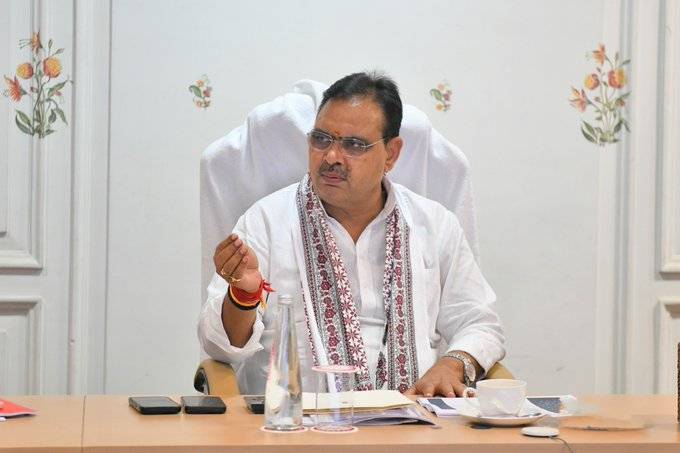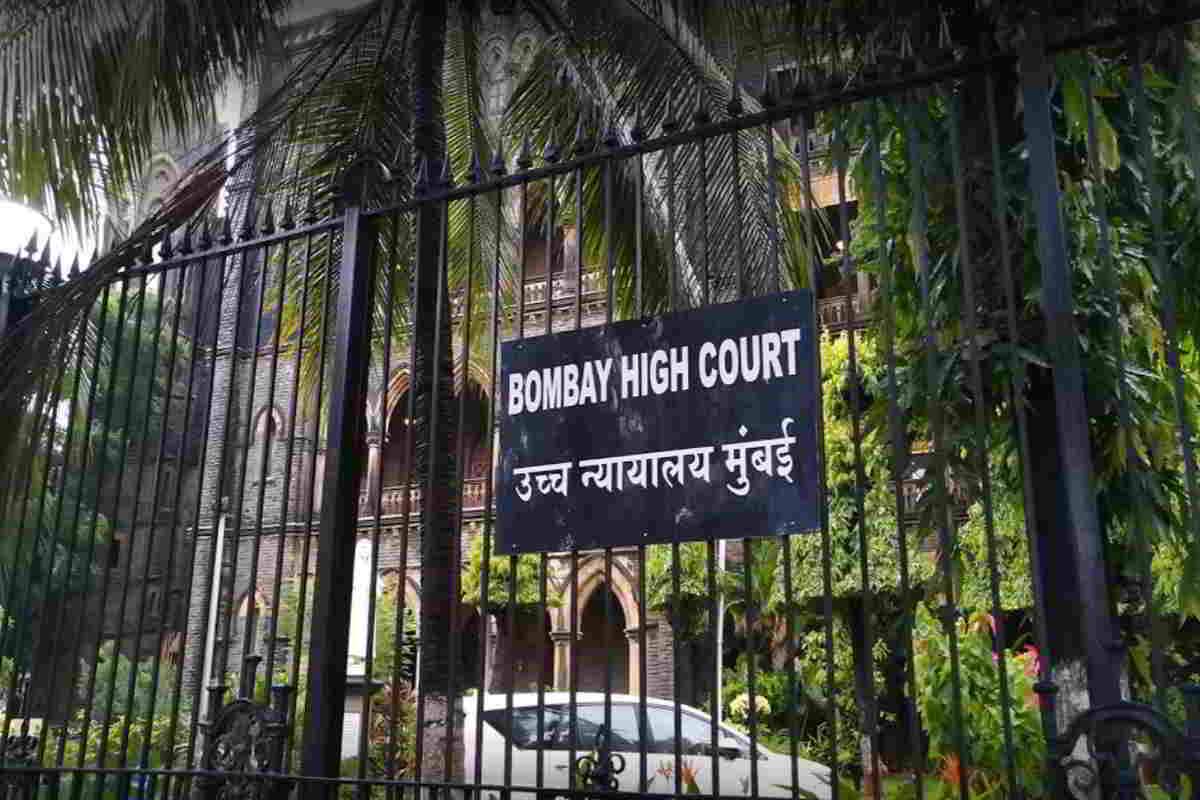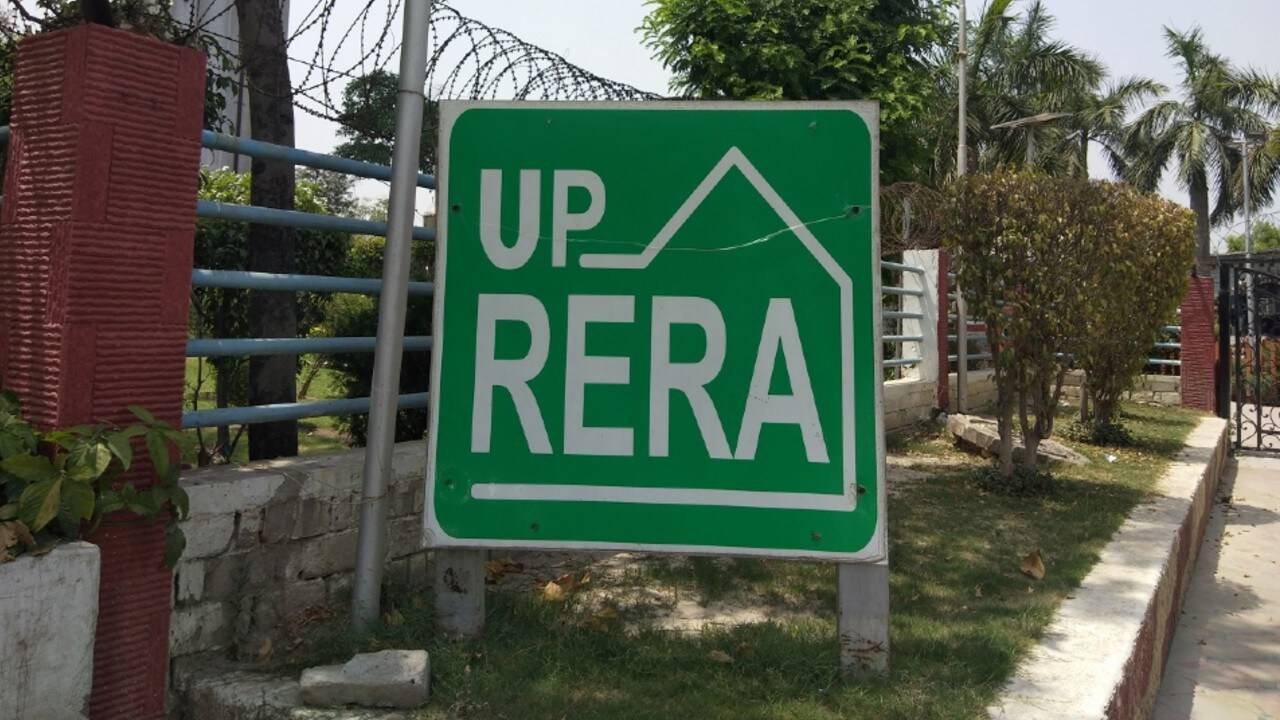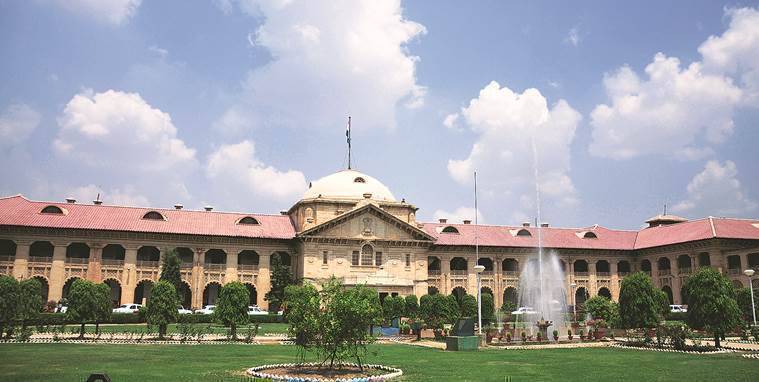In a significant move to uphold transparency and accountability, the Rajasthan government, led by Chief Minister Bhajanlal Sharma, has formed a new committee to conduct an impartial investigation into the controversial single lease cases. This decision is aimed at addressing longstanding concerns over alleged irregularities and corruption associated with these leases.
Formation and Structure of the Committee
The newly established committee is chaired by former judge R.S. Rathore, ensuring an unbiased approach to the investigation. The committee also includes the Additional Chief Secretary of the Home Department and the Principal Secretary of the Urban Development and Housing (UDH) Department as members. The inclusion of these high-ranking officials underscores the government's commitment to a thorough and transparent probe.
Background and Controversy
The single lease issue dates back to June 29, 2011, when the Jaipur Development Authority (JDA) issued a single lease to Shailendra Garg, proprietor of Ganapati Construction. This decision was quickly met with allegations of irregularity when complainant Ramsharan Singh brought the matter to the attention of the Anti-Corruption Bureau (ACB) in 2013. Singh's complaint led to the arrest of several individuals, including Shailendra Garg, former ACS G.S. Sandhu, Deputy Secretary Nishkam Diwakar, and Zone Deputy Commissioner Omkarmal Saini.
As the controversy grew, the JDA canceled the single lease on May 25, 2013. However, the issue resurfaced in December 2014 when the ACB, during the tenure of the Vasundhara Raje government, registered a case and questioned the then UDH Minister, Shanti Dhariwal. The ACB’s involvement signified the gravity of the allegations and the need for a detailed investigation into the matter.
Government Response and Legal Battles
When the Gehlot Government came to power in 2018, the ACB filed three closure reports in court, giving a clean chit to the accused, including former IAS officer G.S. Sandhu and former RAS officer Nishkam Diwakar. The ACB argued that there were no irregularities in the single lease case and sought to withdraw the charges. However, the court rejected these applications, maintaining that the allegations needed to be thoroughly examined.
The case took a new turn when RTI activist Ashok Pathak filed a Special Leave Petition (SLP) in the Supreme Court, challenging the High Court's decision to close the case. Pathak argued that the case, which he deemed a clear instance of corruption, could not be dismissed solely on the complainant's consent. This petition underscored the need for a deeper investigation into the alleged malpractices and raised questions about the integrity of the earlier investigations.
Current Developments and Government Stance
In response to the ongoing legal battle, the Rajasthan government submitted a reply to the Supreme Court on April 22, 2024, asserting that there were no grounds for the single lease case. However, following the recent elections, the Bhajanlal Sharma administration decided to form a new committee to re-examine the matter, ensuring a fair and impartial investigation.
The decision to constitute a new committee comes after criticisms of the previous committee's impartiality, which included officials from the office of the then UDH Minister. By appointing former judge R.S. Rathore to lead the investigation, the government aims to restore public confidence in the judicial process and demonstrate its commitment to tackling corruption.
Implications and Future Outlook
The formation of this new committee has significant implications for the individuals involved in the single lease case and the broader governance practices in Rajasthan. A thorough and impartial investigation could lead to accountability for those found guilty of malpractices and set a precedent for how similar cases are handled in the future. Moreover, the findings could influence policy changes to prevent such irregularities from occurring again.
Furthermore, this move could enhance the public's trust in the government's ability to address corruption and irregularities. By ensuring that the investigation is led by a respected former judge and senior officials from key departments, the Rajasthan government is sending a strong message about its dedication to upholding justice and transparency.
As the committee begins its work, all eyes will be on its findings and the subsequent actions taken by the government. The outcome of this investigation could play a crucial role in shaping the political landscape of Rajasthan, influencing public opinion and setting standards for future governance. It also highlights the importance of independent oversight in the administration of public affairs and the need for rigorous checks and balances.
Broader Impact on Governance and Policy
The case also brings to light the broader issues of governance and policy-making in Rajasthan. It stresses the need for more robust mechanisms to detect and prevent corruption, as well as the importance of transparency in government operations. The investigation’s results could lead to policy reforms aimed at improving administrative efficiency and reducing the scope for corrupt practices.
The Rajasthan government's decision to form a new committee to investigate single lease cases marks a pivotal step towards ensuring justice and accountability. This move reflects the administration's resolve to address corruption and maintain public trust in its institutions, paving the way for a more transparent and accountable governance framework in the state. The findings of this committee could not only resolve a long-standing issue but also set a new standard for future administrative practices in Rajasthan.
Image source- x.com









.png)